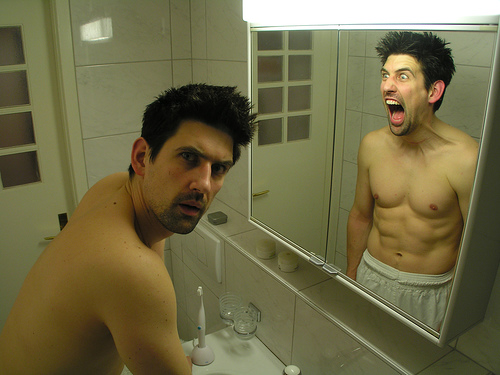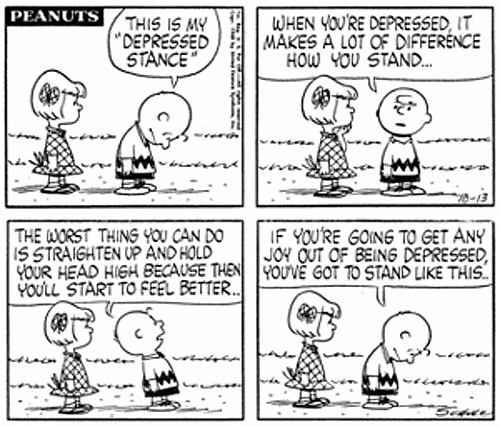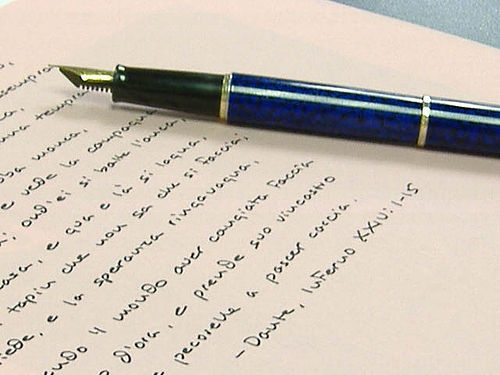The Pain Bodies Inside Us
Ever catch yourself doing something really stupid? You watch it happening in slow motion, yet can’t seem to stop yourself going right ahead and doing it?
Now, there’s a ton of things that fit under the heading of ‘stupid’, ahh, and by goodness, I’ve done a lot of them.
What I’d like to talk about today is deliberately creating pain, in ourselves & in those around us. When we feel automatically compelled to do things that increase suffering in the world. Typically this is done verbally, but in more extreme cases it can escalate to physical violence.
Eckhart Tolle has a description for this phenomenon, he calls these internal proclivities “Pain bodies.”
It’s a useful approach. Metaphorically distancing ourselves, even slightly, can give us power over the behaviour. Seeing it as something separate from ourselves helps us gain control.
Of course, this kind of things fits handily under the heading “Self-sabotage.” Whereas a lot of forms of self-sabotage can be happily done alone (eg, procrastination), our pain bodies generally require company.

pic by catb
So what to do about them? Well, Tolle’s suggestion is simply to be as present as possible, and this is pretty reasonable advice. If you’re in the moment, then these occurrences become quite jarring. The behaviour stands out so starkly You can’t help but think (whether it’s yourself or another) “Hey, where the hell did that come from?”
To kick Tolle’s suggestion up a notch in terms of effectiveness, I’d also recommend releasing whatever feelings come up.
Ever notice how hard it is to fight someone who’s not responding at all (except with love)? There’s a reason for that. Your pain body is trying to latch onto something, something to feed itself with.. and finding nothing. This is, of course, pure Aikido at work.
The same thing works in reverse. When someone near you behaves in a way that is pretty obviously just spoiling for a fight, by releasing any internal reactions inside you, remaining calm, and adding nothing, the entire situation defuses in the fastest way possible.
I’ve experimented with this extensively, & there really is nothing good or bad you can say that will calm things down quicker than releasing & saying as little as possible.

pic by ladyinpink_1
Of course, in yourself, the same applies. I lose count of the number of times I’ve felt something ugly or nasty whelling up inside me. By releasing the thought, noticing it but not attaching it & simply letting it go, I’m weakening those pain bodies inside me. Not once have I looked back & thought “Gosh, I sure wish I’d said that nasty thing.” Nope, every single time it’s been a variant on “Oh man, that would have really hurt someone I care about.”
The more you can release at the time, the weaker the pain body becomes.
In yourself, it’s simply a case of letting go of the compulsion to hurt those around you. When someone near you is letting their pain body take control, there’s two things to release.
First, your reaction to whatever they’re saying. Yes, it’s going to be hurtful, painful, ugly. That’s the nature of a pain body – to try and provoke as extreme a reaction from you as possible. Sure, that person is fully responsible for anything they say, & they shouldn’t say it. But that’s not the point. Blaming them, or having other negative feelings towards them is only going to make you feel bad, so let it go. Secondly, & once you’ve let go of any negative reactions to their behaviour, let go of any internal response you may be feeling. That’s only your pain bodies trying to get in on the fight.
You could also use EFT or similar – if you’re able to identify a specific motivation or drive behind the pain body so you can tune into it & tap later. Starting tapping in the middle of dealing with someone angry or hurt is likely to just piss them off even further. Not recommended.
Can you think of any people who just seem to bring out the worst in you? One minute things are fine, next there’s a flaming row & you really have no idea how it started? That’s what happens when two pain bodies get in sync and start feeding each other. If either party is able to take even the slightest amount of control, the whole thing defuses incredibly quickly.
Of course, that doesn’t mean I’m suggesting for a second you should stay in a situation where someone is wilfully trying to harm you, whether verbally or otherwise.
This isn’t about being a martyr, just a little better than yesterday.
Even reducing your pain bodies by the tiniest amount results in exponentially more love in the world. Every interaction with every person for the rest of your life will be just that little bit better. Totally worth the effort.








